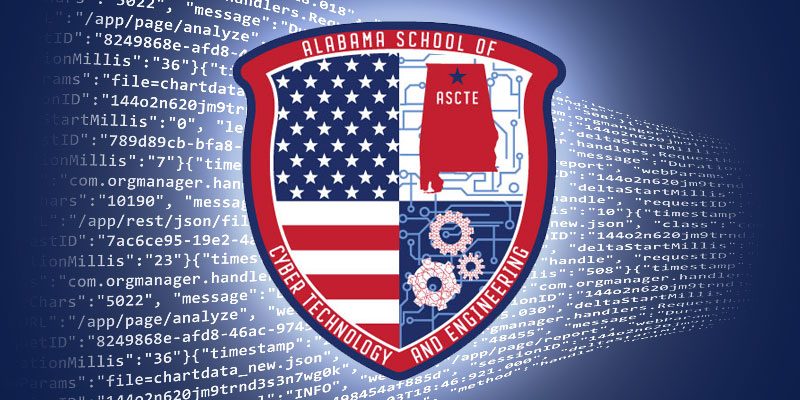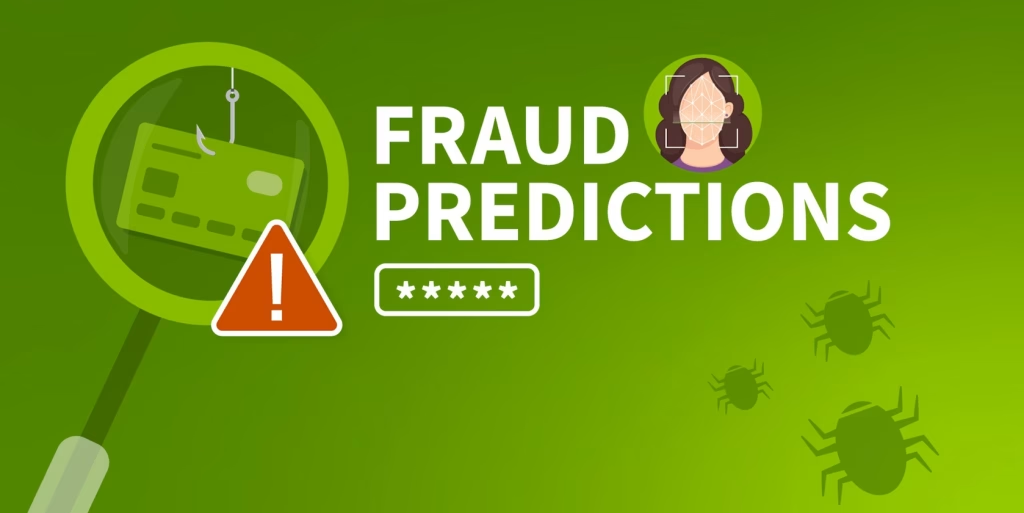In towns across Alabama, the disappearance of local banks has left many residents without access to basic financial services, but the consequences go beyond simply losing banking access. When financial institutions leave, communities also lose local investment, financial role models in schools and safeguards for vulnerable neighbors.
Fortunately for Alabamians, credit unions are helping to fill these gaps. Guided by their “People Helping People” mission, credit unions are stepping in not just to provide essential services, but to invest in the people they live and work alongside.
With help from the Credit Union Impact Foundation, a nonprofit dedicated to strengthening credit unions and the communities they serve, credit unions across the state are expanding their role as financial partners, educators, protectors and problem-solvers in the places that need them most.
In 2024 alone, Alabama credit unions received more than $82,000 in Foundation grant funding to support programs that teach financial education, improve infrastructure, strengthen cybersecurity and support credit union staff. Each initiative is just one part of a larger commitment to meeting Alabamians where they are and creating long-term, local impact.
Here’s a look at just some of what they’ve accomplished in the past year.
Expanding Financial Literacy and Community Education
Financial literacy remains a major challenge in Alabama, which ranked in the bottom 10 nationwide in WalletHub’s 2024 Financial Literacy Survey. Credit unions across the state are using funds provided by the Foundation to address that challenge in diverse, community-driven ways.
One approach has been hosting Financial Literacy Lunch and Learns—approachable workshops that help adults build confidence in budgeting, debt management and saving. These sessions are open to the wider public and have been hosted by credit unions like Alabama ONE and Redstone Federal Credit Union, reaching everyone from realtors to farmers to chamber members.
Credit unions have also created targeted financial education for younger Alabamians. Although personal finance is now a required subject in Alabama high schools, it doesn’t cover everything young people need to navigate real-world financial decisions. To help fill those gaps, The League of Credit Unions & Affiliates brings the Bite of Reality program to Alabama credit unions, providing training and resources so they can offer it at no cost in their communities. Developed by the Richard Myles Johnson Foundation, this hands-on, app-based simulation gives teens a realistic look at budgeting, financial trade-offs, and everyday decision-making. In 2024, the program reached 1,964 Alabama students, with participants reporting a 15% increase in financial confidence and improved money habits.
For older adults, who are frequently targeted by financial scams, one Alabama credit union took an especially creative approach. With Foundation funding, they produced a dinner theater event that blended real testimonials from scam victims with insights from financial experts and law enforcement. After a successful debut, the credit union is exploring opportunities to bring the show to senior centers and churches across Alabama, providing a creative example of how credit unions can connect with and support older adults.
Together, these efforts what credit unions have been doing all along: delivering practical education that meets people where they are and building financial confidence at every stage of life.
Building Operational Resilience
In addition to community programming, many credit unions used Foundation dollars to build internal capacity: strengthening systems, planning for long-term growth and investing in their people.
Some grants supported essential infrastructure upgrades, such as:
- Replacing outdated equipment like computers and scanners,
- Redesigning websites to support rebranding efforts,
- Improving collections systems for better internal tracking,
- Providing cybersecurity training to protect staff and member data, and
- Launching and promoting new checking and debit card services.
As cyberattacks on smaller financial institutions continue to rise, these investments are essential to protecting member data and maintaining trust.
Alternatively, some credit unions used Foundation funding to lay the groundwork for future growth. One hired a dedicated grant writer to pursue CDFI Financial Assistance funds with the goal of expanding digital banking, increasing loan loss reserves and scaling financial literacy efforts. Others, meanwhile, invested in community-based activities designed to build stronger local ties, particularly in underserved areas. These strategies help ensure credit unions can continue serving communities effectively, even in challenging economic conditions.
Just as important as systems and strategy is the team behind them. In 2024, Foundation grants helped 19 Alabama credit union employees become certified financial counselors, expanding access to personalized support for budgeting, credit repair and long-term planning. That kind of guidance only works when it’s delivered by people who are trusted, trained and rooted in the communities they serve—and this funding helped make that possible.
A Call for Continued Investment
The Credit Union Impact Foundation was created to help credit unions do what they do best: serve their members and strengthen their communities. That mission is firmly in motion across Alabama.
Foundation support has helped deliver financial education to everyone from students to seniors, improve credit union operations, train frontline staff and reach new members with accessible, meaningful service. Each of these efforts is more than a line item; it is a reflection of how credit unions are showing up for the people they serve every day.
To keep this work going, credit unions need continued investment. Because when we support the Foundation, we are not just funding programs, we are helping build stronger credit unions and brighter financial futures for all of us.








